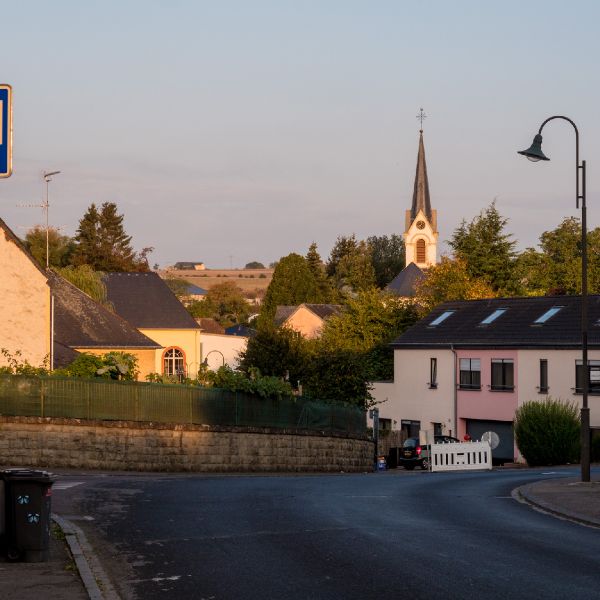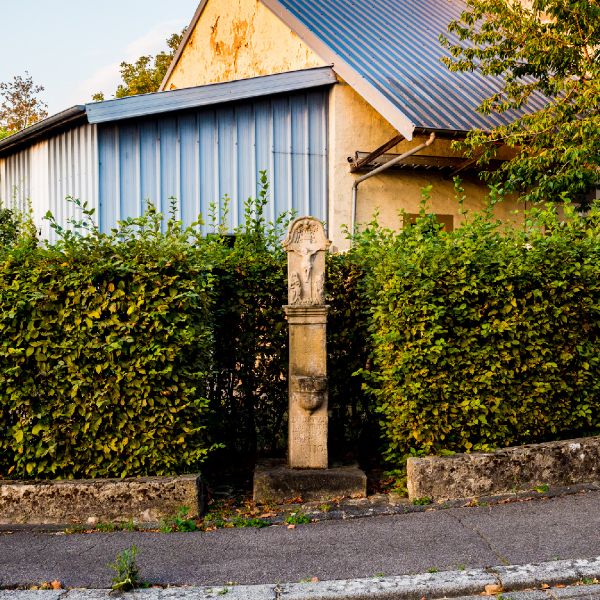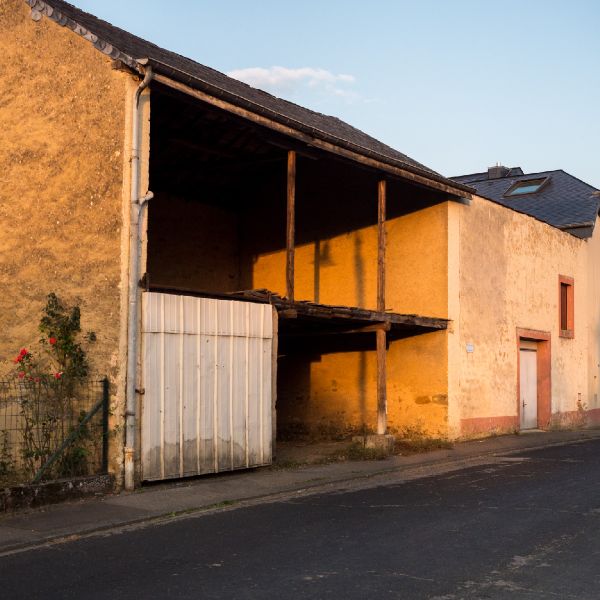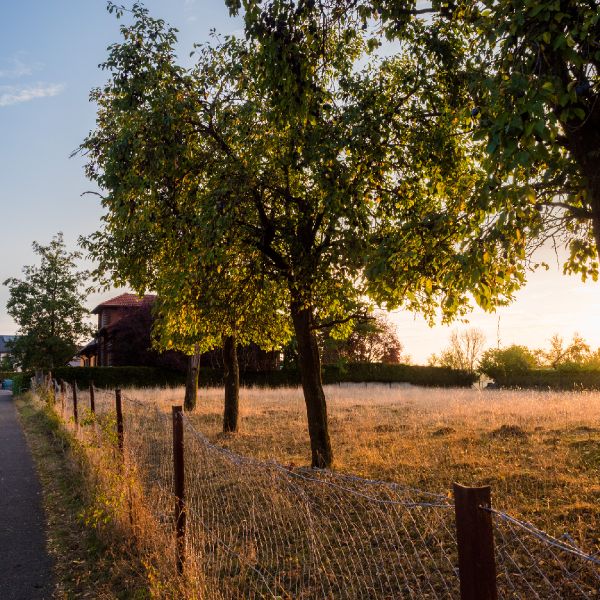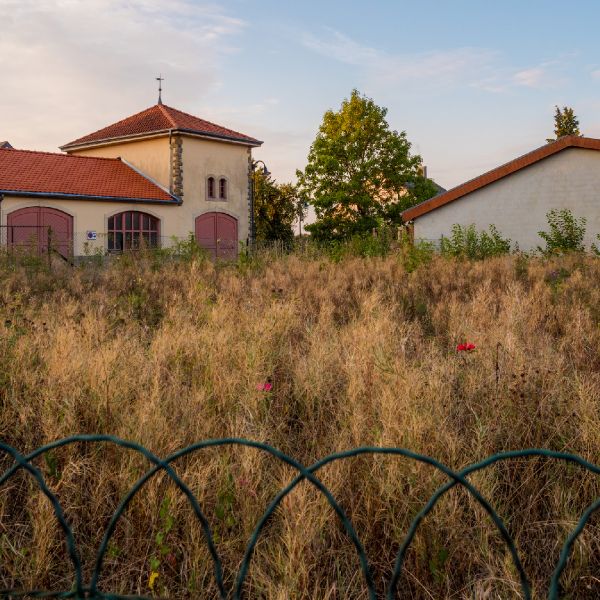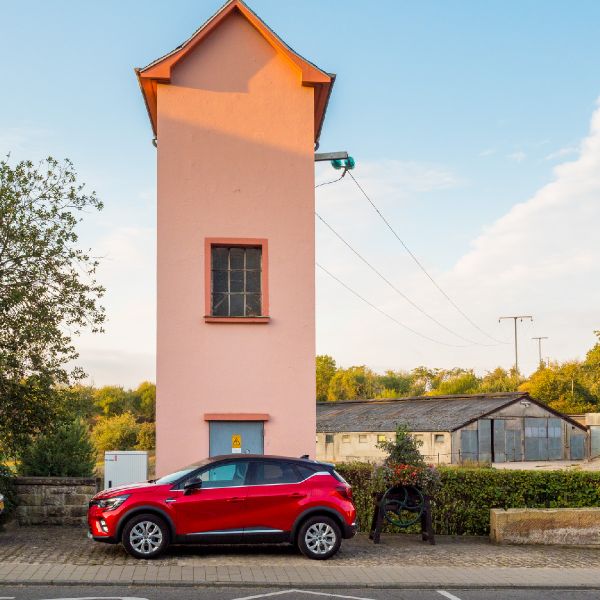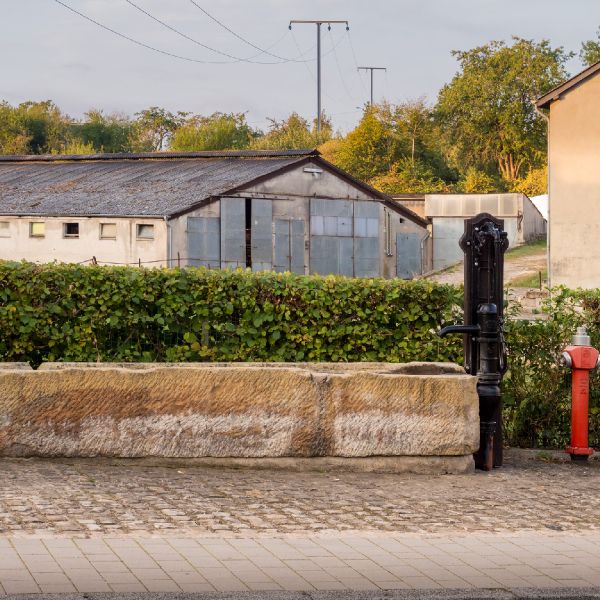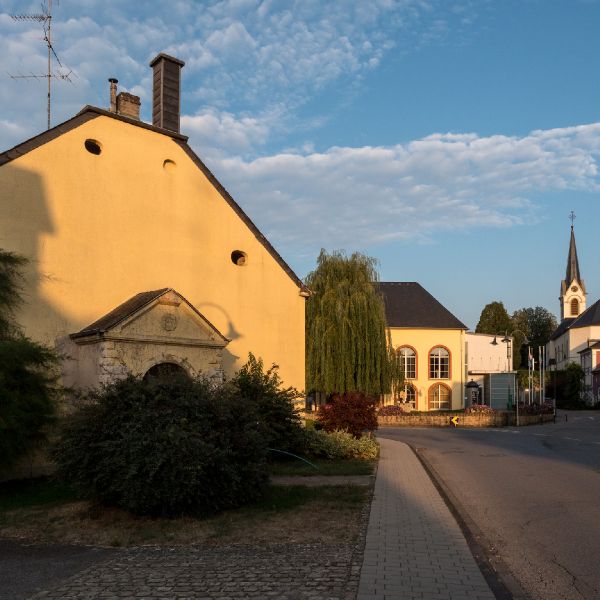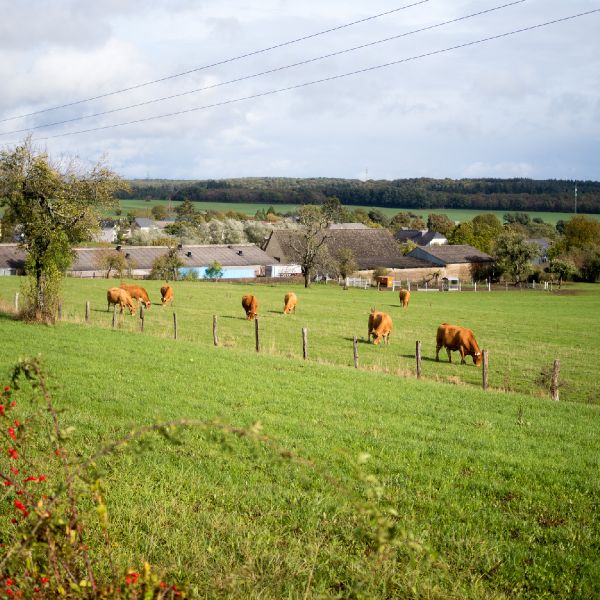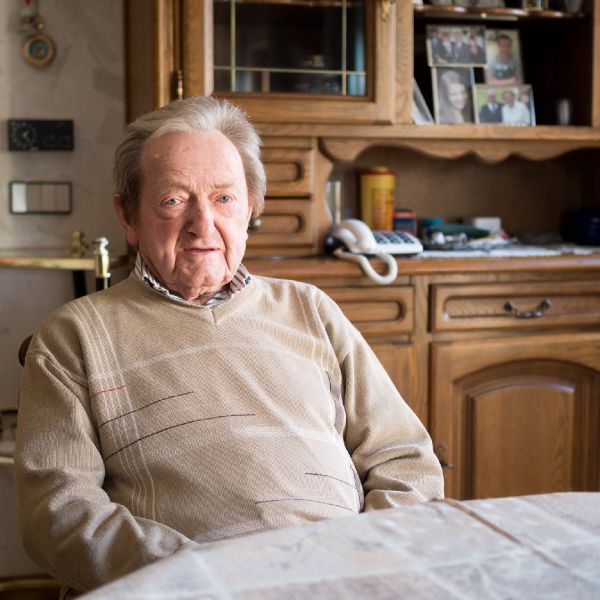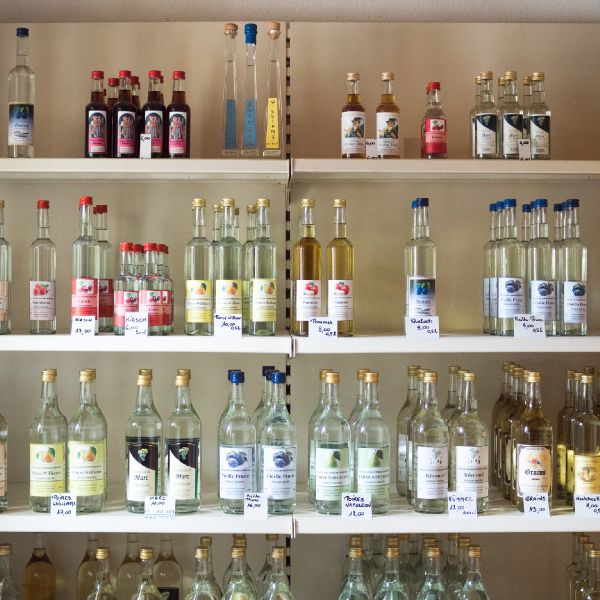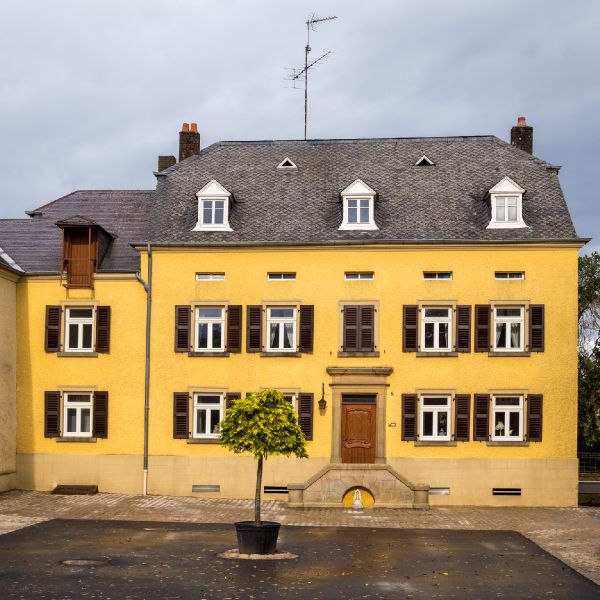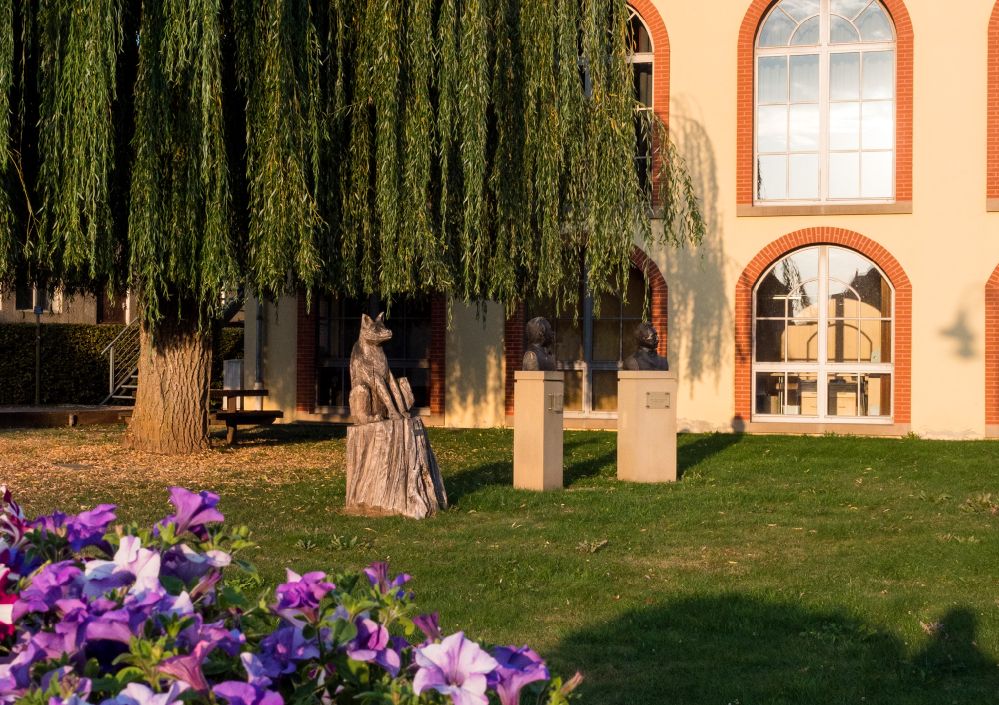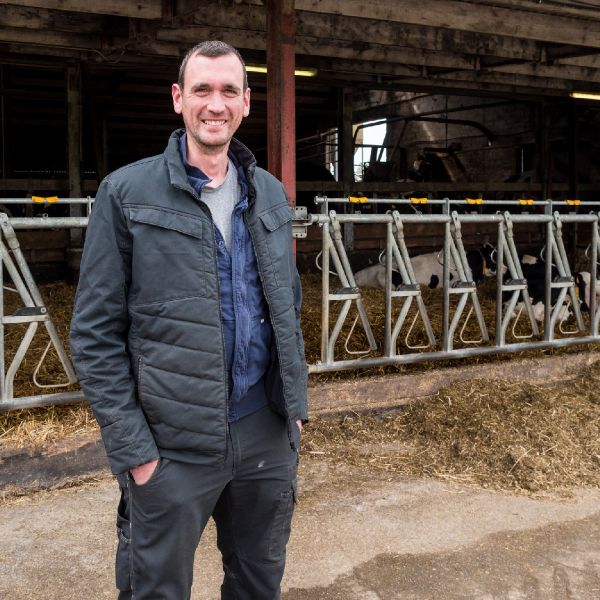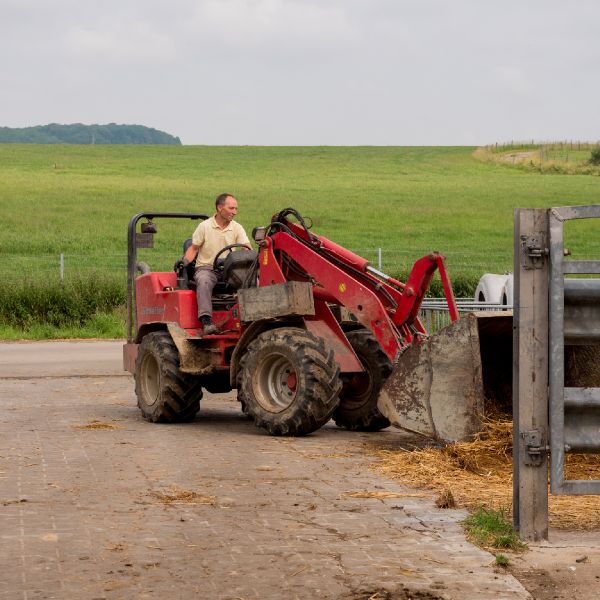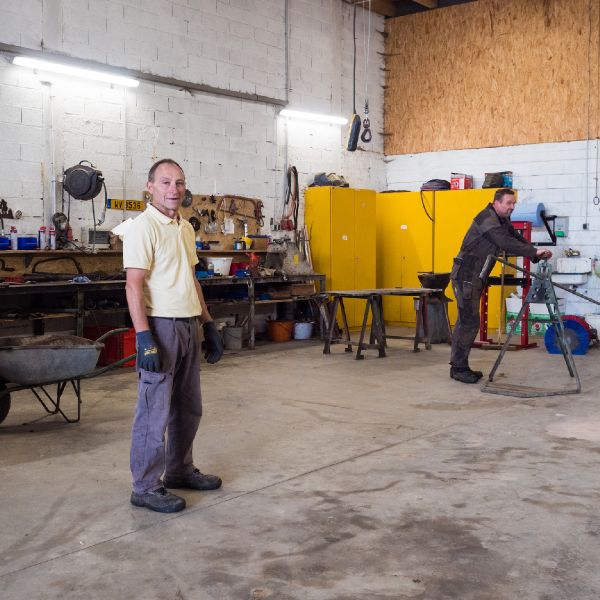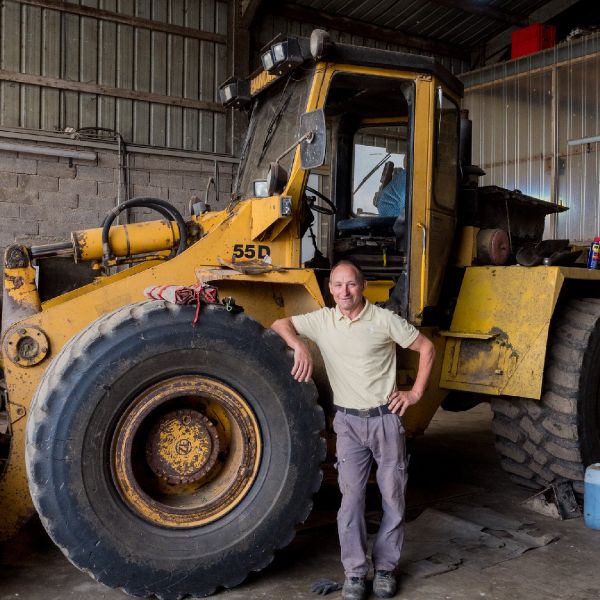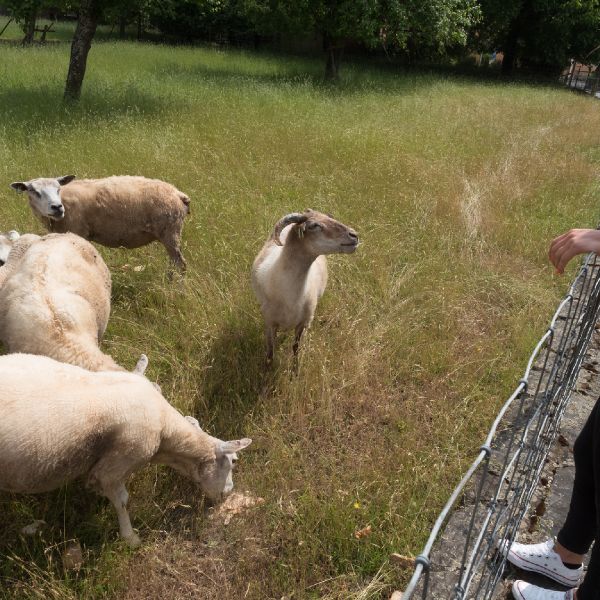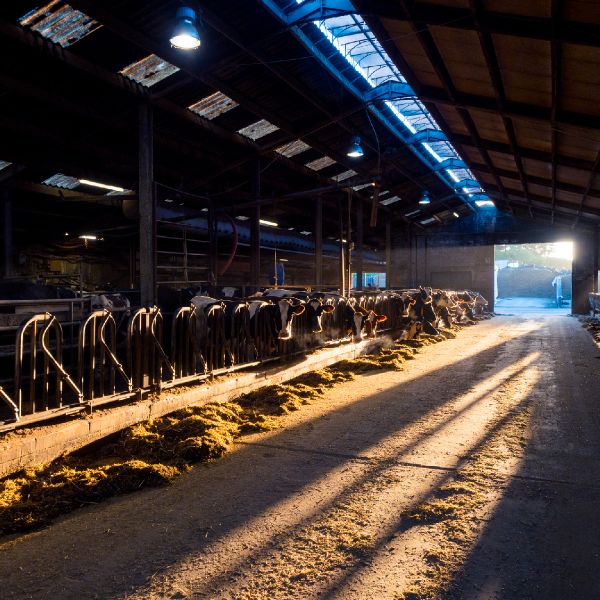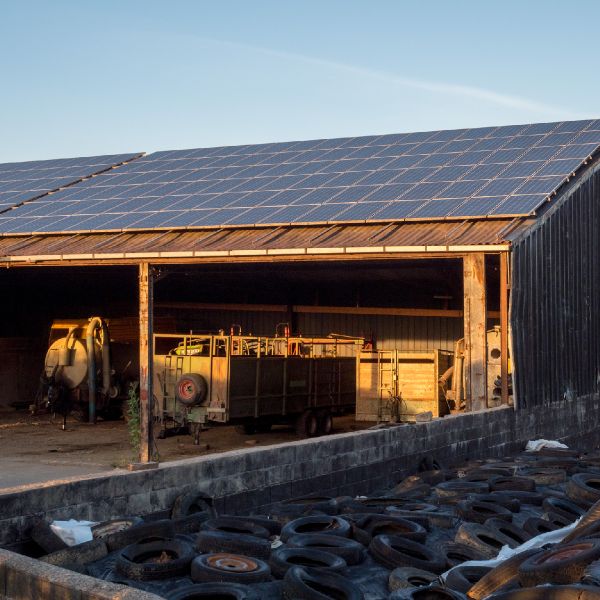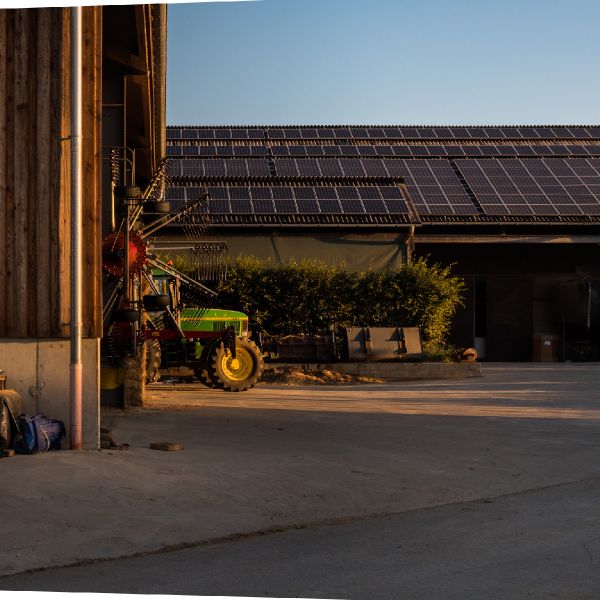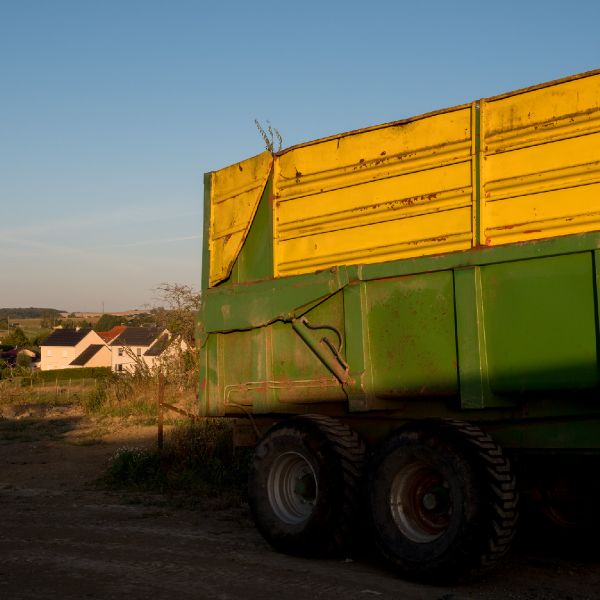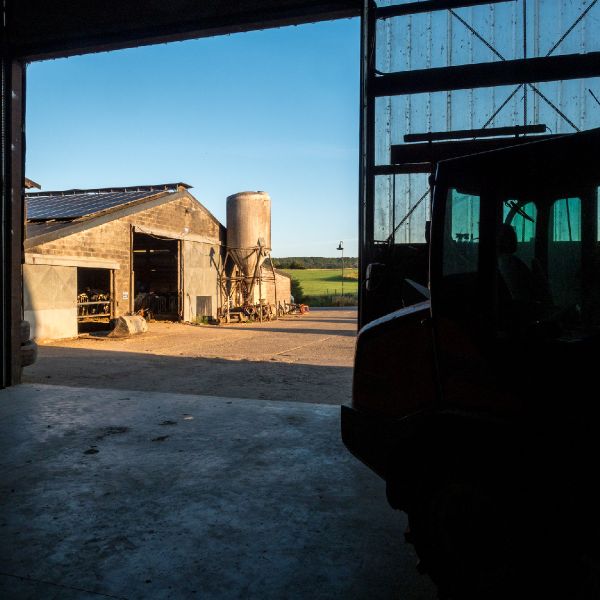Waldbillig
A charming village
The purifying air of Waldbillig exudes a desire for redemption, for a return to nature, farm animals and fruit trees. Situated in the heart of the Mullerthal, the village has managed to retain its rural character and develop on a human scale.
For this report, we went to visit a typical village in the Mullerthal region, Waldbillig, Waldbëlleg in Luxembourgish, which is both a village and the administrative centre of the municipality that bears the same name. The municipality also includes the towns of Christnach, Haller and Mullerthal, as well as several small hamlets. Just walking through the streets of Waldbillig and looking at the appearance of the buildings, you can sense the determination of the local authorities to combine the environmental and heritage values of the area. Set in the middle of a rich, fertile landscape, taking the form of a star-shaped village, Waldbillig is fortunate not to be on a major traffic route. Car traffic is sparse, the view of the countryside is undisturbed by modern, multi-storey buildings and, far from the madding crowds, you can hear the wind whispering across the rolling plains and mysterious forests.
The relative stability of the population for several years - around 500 inhabitants - reflects this attachment to a quality of life marked by rurality and tranquillity. As well as equipping itself with a range of educational, sporting and cultural facilities, the commune has focused on preserving its environment and heritage. This choice is more than understandable, given the beauty of the region and its potential for tourism. The village lies at the starting point and crossroads of numerous footpaths and cycle paths, giving visitors the chance to enjoy the attractions of the Mullerthal, the forest and its rocks, the Schiessentümpel waterfall and the Christnach golf course.
What have we seen in Waldbillig?
We saw a whole geography of everyday life in Waldbillig, a singular territory, memorable and sensory, studded with vestiges of the past that continue to permeate space and time. Quiet little streets lined with characterful houses, old farmhouses or renovated manor houses, sometimes venerable ruins waiting to be put to good use. We saw orchards on the edge of the village and, even in the village, fruit trees on their trunks, so many promises of tasty moments, juicy fruits, juices, cakes, jams and brandies. We saw sheeps grazing peacefully in the fields. We saw cows, silos and photovoltaic panels on the Sobipo farm. We met the Edouard Lies-Weydert couple, who for nearly sixty years produced a wide variety of eaux-de-vie and liqueurs at the Distillerie du Mullerthal. We saw the birthplace ("a Nannetts") of Michel Rodange, Luxembourg's national poet, who was born on 3 January 1827 and was the author of the major work "Renert oder de Fuuss am Frack an a Maansgréisst". We saw the sculpture of Renert, created by artist Mario Pessolt, which has been enthroned in front of the town hall in the centre of the village since 2001.
Between land and heritage, heaven and earth, Waldbillig is an example of a village that has managed to preserve its identity, while showing respect for its historical and landscape heritage. To the delight of its residents and visitors alike.
A visit to the distillery
Edouard Lies and Marie-Josée Lies-Weydert gave us a very warm welcome to their home, a fine farmhouse situated high above the village. The distillery, which the couple stopped running in 2012, was one of five that coexisted in Waldbillig for several decades. The distillery was founded in 1808 by the Mathias Terrens-Kolkens family. The Lies name has been linked to the company since 1867, when Michel Lies de Lellig married Barbe Terrens. Edouard Lies took over the running of the distillery in the 1950s and, with the help of his wife, continued production, alongside his farming activity, out of a love of craftsmanship and family tradition. Most of the fruit used for distillation came from orchards that the couple had planted themselves, or from orchards in the region. Various types of traditional Luxembourg brandy were produced, based on apples, pears, elderberries, plums, quetsche plums, quinces, etc.
"We worked from 5 in the morning until 10 in the evening..."
Edouard Lies
"The farm's main building was built in 1835. It was burnt down in December 1944 during the bombing of the Ardennes offensive. Our family had to be evacuated for several months while the fighting continued. I was 16 at the time. We found refuge with family in Mondercange. After the war, our house 'A Wonnesch' was rebuilt. In the village, every house had a name, we didn't need numbers. We worked a lot on the farm, I'd start at 5 in the morning and often stop at 10 in the evening. We had to do all the farm chores, as well as distilling the brandies. Marie-Josée and I did everything ourselves. In winter, sometimes people came to help us. For about fifteen years, an Italian man called Jos Donatelli worked for us on the farm. He later married a girl from the village. During the years we worked together, Jos taught me Italian and I taught him Lëtzebuergesch. Between 1969 and 1994, I also held the office of mayor, and was very involved in local life. We stopped running the distillery in 2012, but we still have a stock of bottles in our shop. Tourists and walkers still sometimes ring the doorbell to buy a few bottles."
The birthplace of the national poet
The Renert sculpture, by artist Mario Pessolt, has been enthroned in front of the town hall since 2001. It pays tribute to Michel Rodange, the most illustrious poet in Luxembourg's history and imagination, who was born in Waldbillig in 1827. Built in 1817, the house where the poet was born is now privately owned by a local family. The ancestral custom was to give houses names associated with previous owners, professions and so on. For example, the Rodange house was called "a Nannetts". People in the village called Michel Rodange "Nannetts Mechel". Like many other buildings in the village, the house was destroyed during the Ardennes offensive in December 1944 and rebuilt after the war. Waldbillig is very proud of its status as the birthplace of the national poet. As a result, the village has regularly celebrated the "big" anniversaries of Rodange's birth with typical festivities, as well as publishing local brochures.
A visit to the farm
It was a sunny morning when we visited the Sopibo farm, located to the north-east of the village, on a large plateau in the open air. Serge Boonen, one of the farm's managing partners, showed us around the facilities and ambience of this site, which is part of the region's rural setting.
« Assurer une production de qualité dans le respect des normes environnementales »
Serge Boonen, gérant associé Sopibo
"The company was created in 1985, when the Pinnel and Boonen families merged their farms. I think it's the oldest merger in the agricultural sector in Luxembourg. The aim was to develop the business by combining the strengths, resources and land of the two farming families. The name "Sopibo" is an abbreviation of "SO-cieté Pi-nnel et BO-onen" (Pinnel and Boonen Company). The main activity is milk production. The farm has a herd of extensive Salers suckler cows. The bulls are marketed as part of a quality meat programme that respects environmental sustainability criteria. The farming has around 360 hectares of agricultural land. The farm comprises a number of structures that have undergone regular investment over the years. As the buildings have large roof surfaces, they lend themselves well to the installation of photovoltaic panels. To this end, we have set up a second company, Sopibo Energie sàrl, to operate equipment with a capacity of around 550 kW."
Photos : P. Lobo
